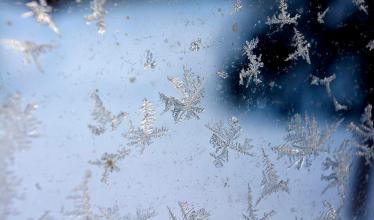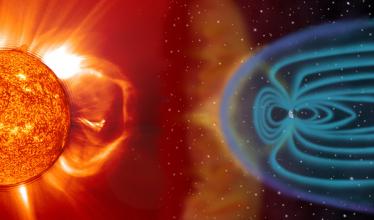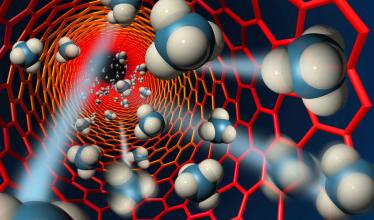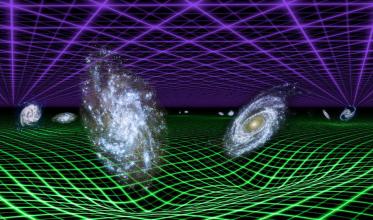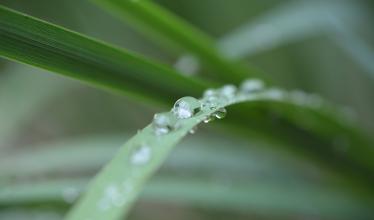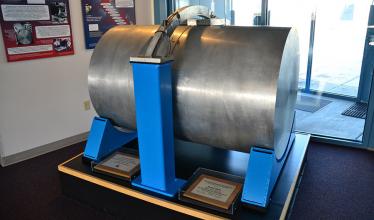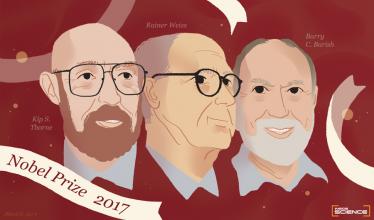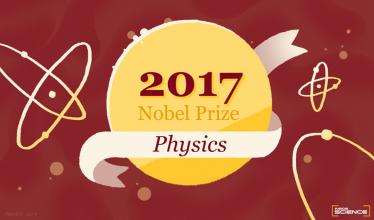Physics
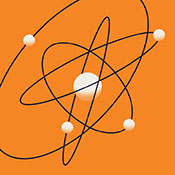 Let there be light, sound, fluids and quantum weirdness
Let there be light, sound, fluids and quantum weirdness
We love physics in all its forms, from new research on mind-bending concepts like quantum weirdness and spooky action at a distance to the science of sounds and fluids to all the forces that push, pull, stick and slip. Here we tackle the macroscopic, the subatomic, the strange, the cool, the groundbreaking and the obscure.
Vital work by scientists leads to one of the most important physics experiments in history.
Researchers use computer simulations to learn how water forms different kinds of ice.
Even some of the most powerful explosions in the universe might be explained by the collision of magnetic fields.
New study on how cans crumple sheds light on general mechanical properties of metal cylinders.
Two experiments test a 50-year-old theory on particles that move in a straight line.
Researchers' experiment could test concepts of quantum gravity and reveal a potential key to a "theory of everything."
Researchers investigate one of the classic physics lessons, substituting liquids for solids.
Redesigned guitar strings use physics to avoid whammy bar dissonance.
Remembering Joseph Weber, whose failure to detect gravitational waves helped lead to their discovery.
The experiment behind this year’s winner for the Nobel Prize in Physics.
The 2017 Nobel Prize honors a discovery that Einstein predicted more than 100 years ago.
The 2017 Nobel prize honors three for the first observation of gravitational waves.


